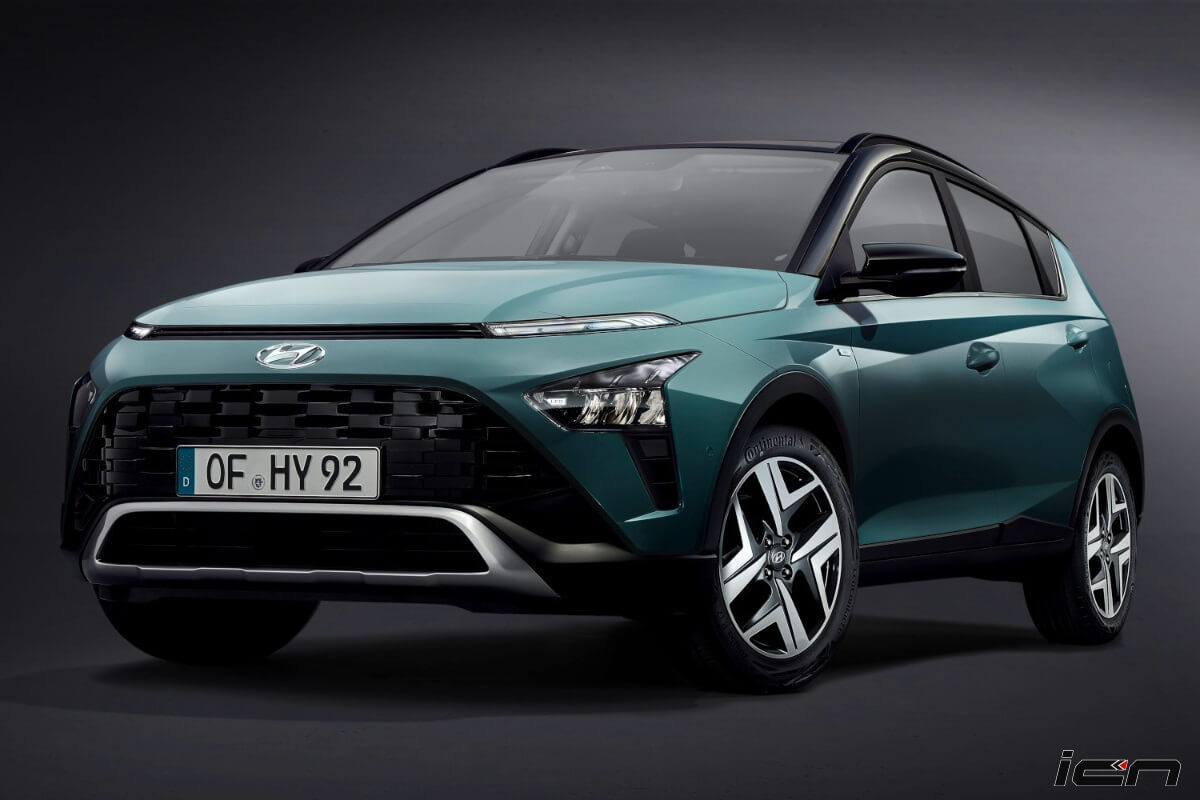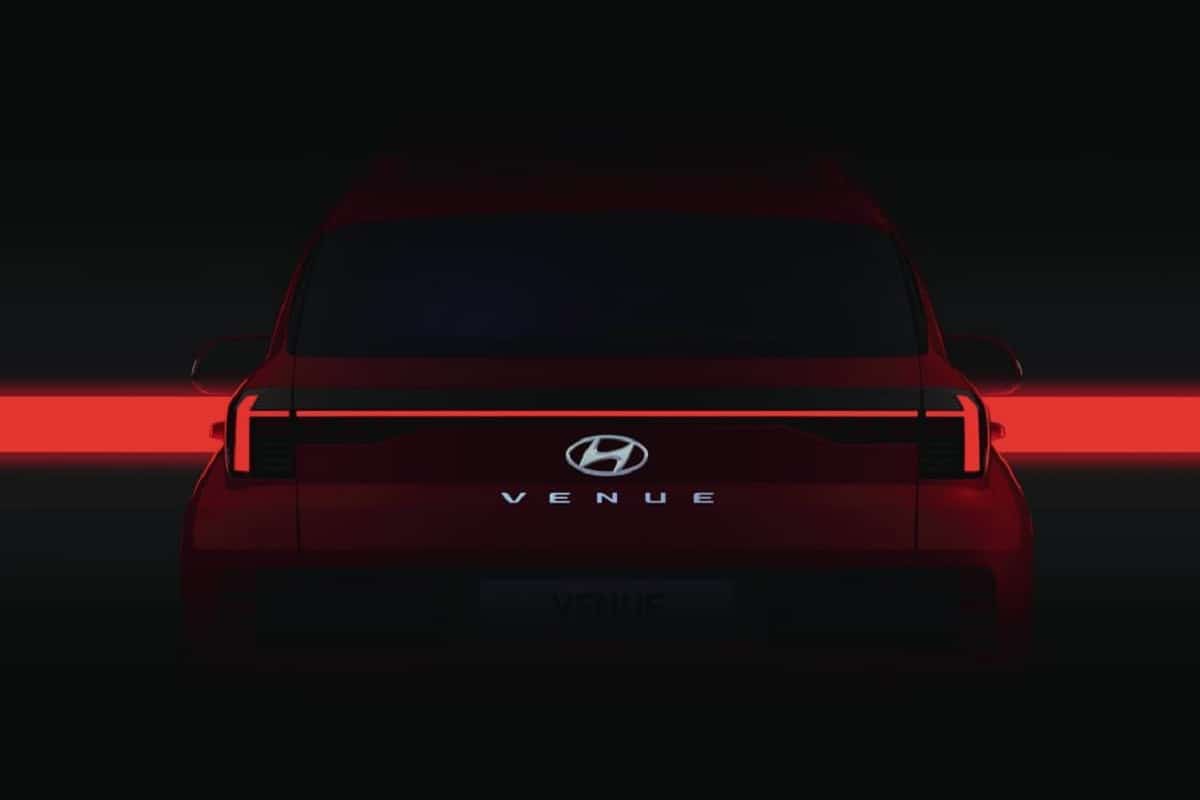Hyundai Motor India Ltd (HMIL) plans to expand its production footprints, develop new products and platforms and launch new models across segments. The South Korean automaker is also focused on strengthening its presence in the BEV (battery electric vehicle) market. Over the next couple of years, the company plans to introduce four compact SUVs (both ICE-powered and EVs) to challenge cars like Tata Nexon (ICE and EV), Tata Punch EV, Kia Syros and Maruti Fronx. Here are the key details of the upcoming Hyundai compact SUVs known so far.
New-Gen Hyundai Venue

The second-generation Hyundai Venue is expected to undergo production by the end of this year, with its market launch is likely to happen early next year. The generational shift will bring significant design changes and feature upgrades. Spy images reveal that the 2025 Hyundai Venue will come with a completely revised front fascia featuring a wider and new grille, taller bumper and Creta-inspired headlamps with split setup. The side profile could be revised with the new alloy wheels. At the back, the new Venue will get a more upright tailgate and horizontally positioned connected taillamps.
Hyundai might update its infotainment system and improve material quality. The updated switchgears, new steering wheel and upholstery could also give it a refreshing look. Aiming to give a tough fight to its new rival – Kia Syros, the 2025 Hyundai venue might get a panoramic sunroof. The Level 2 ADAS (advanced driver assistance system) might also be on offer. However, no changes are expected to be made under the hood.
Hyundai Inster EV

Hyundai Motor India will drive in a subcompact electric SUV based on the Hyundai Inster EV, which is currently on sale overseas. Codenamed HE1, its one of the much-awaited upcoming Hyundai compact SUVs, which will be positioned against the Tata Punch EV. Details of the India-spec model are yet to be revealed. However, it’s expected to share several design elements, interior layout, features, powertrains and components with the Inster EV.
Globally, the Hyundai Inster EV is available with two battery pack options – 97bhp, Standard 42kWh and 115bhp, Long-Range 49kWh. The smaller battery pack does 0 to 100kmph in 11.7 seconds and offers a claimed range of 300km. The Long Range version accelerates 0 to 100kmph in 10.6 seconds and returns an electric range of 355km.
This compact electric SUV comes with a host of advanced features such as the dual screens (each measuring 10.25-inch), automatic climate control, reclining and sliding rear seats, a 360 degree camera with blind spot monitoring system and more.
Hyundai Bayon

Next on the list of the upcoming Hyundai compact SUVs is the Statementwhich will directly take on the Maruti Suzuki Fronx. This compact crossover based on the i20 platform and measures 4,180mm in length. In global market, the Hyundai Bayon is available with a 1.0L, 3-cylinder turbo petrol engine boosted with the 48V mild hybrid tech. This setup offers two states of tunes – 99bhp with 175Nm and 118bhp with 175Nm. Transmission choices include a 6-speed iMT and a 7-speed DCT. This Hyundai compact SUV comes with three drive modes – Eco, Normal and Sport. Specifications of the India-spec model are not available at this point of time.
The Bayon comes with two interior themes – Full Black and Dark Grey with Light Grey combo. Some of its key features are a 10.25-inch touchscreen infotainment system, a 10.25-inch digital instrument cluster, LED ambient lighting tech, wireless Android Auto and Apple CarPlay, multiple USB ports, Bose sound system, Hyundai’s latest Bluelink connected car tech, etc.
Hyundai Venue

Recently, the South Korean carmaker revealed its plan to launch three more mass-market electric cars after the Creta Electric. While the details and name of the upcoming Hyundai EVs are still under the wraps, it’s expected to including the global-spec Inster-based EV, Grand i10 Nios EV and Venue EV. The launch timeline of these EVs have not yet been announced.






